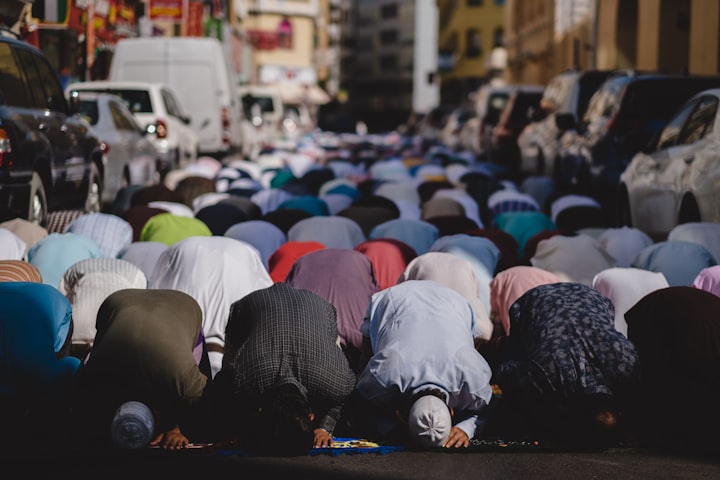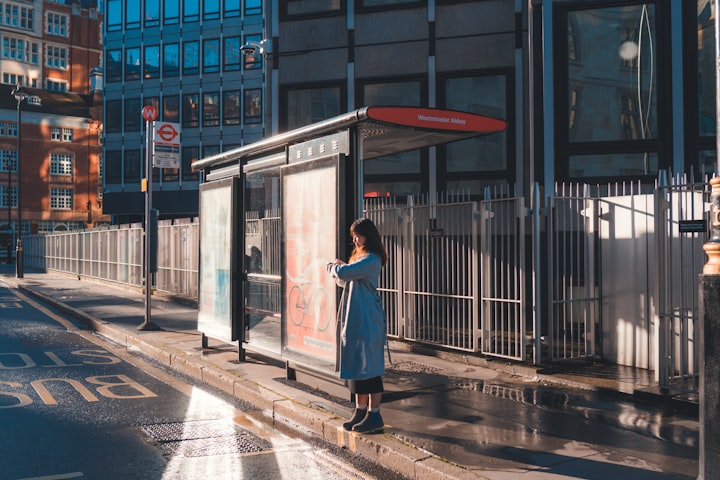Is it the Mindset or Muslims Are Nasty?
“It is individual actions, driven by personal motives, that lead to betrayal.”

Aamir, a young PhD student in Biotechnology, was a curious and passionate individual who lived in a hostel at the historic Indian university campus. Surrounded by tall oaks and ivy-covered walls, Aamir was deeply interested in the amazing world of DNA and the development of new drugs. He chose to reside in the hostel to be close to his studies and the cutting-edge research facilities, as he was dedicated to his field and eager to delve into the complexities of his chosen field.
Aamir had grown up in a small town, where everyone knew each other, and friendships were lifelong bonds. This upbringing instilled in him a deep trust in people, which he carried into his academic life. Among his diverse group of friends was Michael, a Christian who shared Aamir’s enthusiasm for research. Despite their different religious backgrounds, they bonded over late-night study sessions and their mutual love for classical music.
For Aamir, Eid was not just a religious observance but a celebration of family and traditions. It had been eight months since he last visited his family, and the longing to see them was overwhelming. The festival provided a perfect reason to take a break from his demanding research schedule and return home.
Before leaving, Aamir faced the minor dilemma of his belongings. His solution was simple and based on trust; he handed over the keys to his room and his bike to Michael. “Keep an eye on things for me, will you?” he had said, clasping Michael on the shoulder. Trusting Michael completely, he believed in the sanctity of their friendship and expected to return to everything just as he had left it.
Upon his return, refreshed from his family visit, Aamir plunged back into university life. Michael was frequently by his side, and nothing seemed amiss. They shared meals and worked on assignments together, and Aamir felt grateful for such a friend.
One autumn morning, as leaves swirled around the hostel courtyards, the chief warden, accompanied by security personnel, conducted a routine inspection of the hostel. When they reached Aamir’s room, the warden’s key turned in the lock, and they entered. Moments later, they emerged holding a small bag of drugs. Aamir’s world stopped — he had never seen those substances before.
Aamir’s protests fell on deaf ears as he was handcuffed and taken away. An FIR was lodged, and he found himself in a police cell, his mind reeling with confusion and fear. How could this happen?
As days turned into weeks, Aamir faced the harsh realities of interrogation and a pending trial. His friends and family, unaware initially, could not comprehend the situation. Alone, he grappled with despair and isolation, feeling betrayed by someone he had trusted implicitly.
The legal proceedings dragged on, consuming two years of Aamir’s life and irreparably damaging his academic career and reputation. The dream of earning his PhD seemed to slip further away with each passing day.
Eventually, an investigation into another incident led to a breakthrough that exposed Michael as the one who had planted the drugs. Security footage, previously overlooked, showed Michael entering Aamir’s room multiple times during the Eid break.
The news of Michael’s betrayal sent shockwaves through Aamir’s circle. The disappointment and hurt were palpable, and the incident left a scar on the trust he once freely gave. His family rallied around him, but the shadow of the ordeal lingered.
Michael, confronted with the evidence, faced criminal charges. His promising career in academia ended abruptly, serving as a grim reminder of the consequences of betrayal.
Through this painful journey, Aamir learned the hard lesson of discernment in trust. He began to rebuild his life, focusing on those who stood by him through his darkest times. Forgiveness came slowly, but it was part of his healing.
Aamir eventually returned to academia; his resolve strengthened. He was more cautious but also more compassionate, understanding the complexities of human relationships.
The story concludes with a reflection on the importance of caution and wisdom in trusting others. Aamir’s experience underscores the need to balance openness with prudence.
In the tranquillity of a new dawn, Aamir stood by the university’s old fountain, a book in hand, a gentle smile playing on his lips. He had found peace, and with it, a renewed sense of purpose. The ordeal was behind him, but the lessons would guide him forever.
About the Creator
Younus Bhat
I am a writer, author, and PhD scholar with a passion for sharing my knowledge and expertise with others.
Visit: https://www.theviralpost.online/
Thank you.






Comments
There are no comments for this story
Be the first to respond and start the conversation.